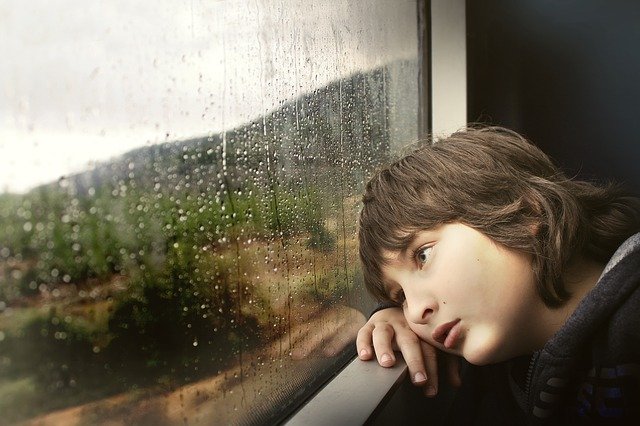Coronavirus is keeping people at home. Britain recently completed a one-month long lockdown and other countries are contemplating lockdowns to keep the spread of the virus in check.
While vaccines are slowly becoming available, the reality is that many people will have to isolate themselves at home for months to come.
Common experience has shown that this isolation can be hard for many people. We talked with our Senior Medical Director, Dr. Ricky Misiaszek about isolation and stress.
Mental Health and Social Isolation
Various studies have shown that stay-at-home orders and the stresses of a pandemic are affecting people negatively. The New England Journal of Medicine notes stress, depression, insomnia, and fear were revealed in a recent review.
Dr. Ricky echoes the stresses of isolating yourself. “It’s very easy to become very lonely.â€
The CDC has some recommendations about how to care for your mental health, including:
- Taking breaks from the news and social media.
- Getting plenty of sleep.
- Making time to unwind.
- Connecting with others.
While online video chats are becoming more common, connecting with others can be a challenge when social distancing or during stay-at-home orders.
Dr. Ricky says, “Person to person interaction is hard to replicate through (online) meetings and phone calls.†He recommends that people find new creative ways to connect during the pandemic.
Balancing Risk and Reward
In areas where stay-at-home orders are not yet in effect, socializing with others is a balance of risk (infection) versus reward (connecting with others).
The benefits of socializing are well documented. Being with others can help alleviate depression and boost feelings of well-being.
But what’s the best way to connect with others while also social distancing?
While no activity is completely safe during the pandemic, some activities are safer than others. The Mayo Clinic and Dr. Ricky both mention outdoor activities, where people can remain six feet apart, as a potential solution. Dr. Ricky pointed out that some activities, like fly fishing and cross country skiing, are more suited to social distancing than others.
Dr. Ricky also mentions, “(You have to) gauge other people’s comfort level.†Some people might not be comfortable with doing drinks on a patio while others might.
Special Considerations for Medical Providers
Medical providers caring for others during the pandemic face special circumstances. While they get to regularly interact face-to-face with others, interacting with patients is still work and there’s the stress of potential infection.
Dr. Ricky regularly meets with patients during the pandemic, so he’s developed some coping mechanisms that others can use. For Dr. Ricky, simple pleasures like getting sushi takeout from his favorite restaurant, help keep him balanced. He also highlights that downtime is important, so he makes an effort to read and watch TV.
Even though medical providers can interact with others during stay-at-home orders, work is a high-stress environment, so they need to take steps to manage their mental health too.
Creating a Balanced COVID-19 Plan for Business Locations
Businesses also have to calculate the benefits of allowing employees to work together versus the risk of viral infection. Finding the right balance can be challenging without expert medical advice.
Remote Medical International can help your business develop a plan to maintain operations while accounting for the risks of coronavirus.


